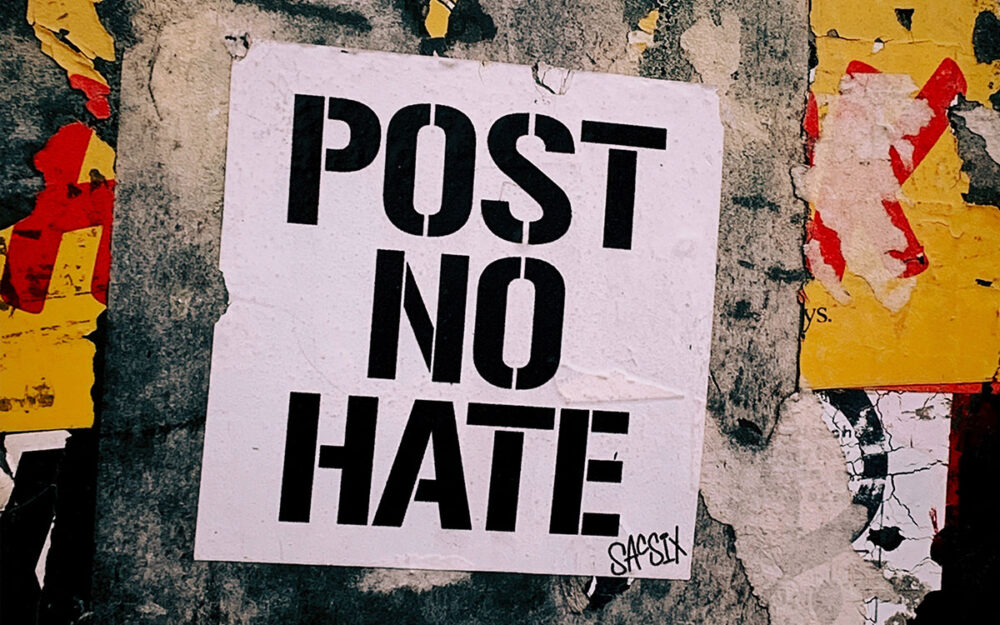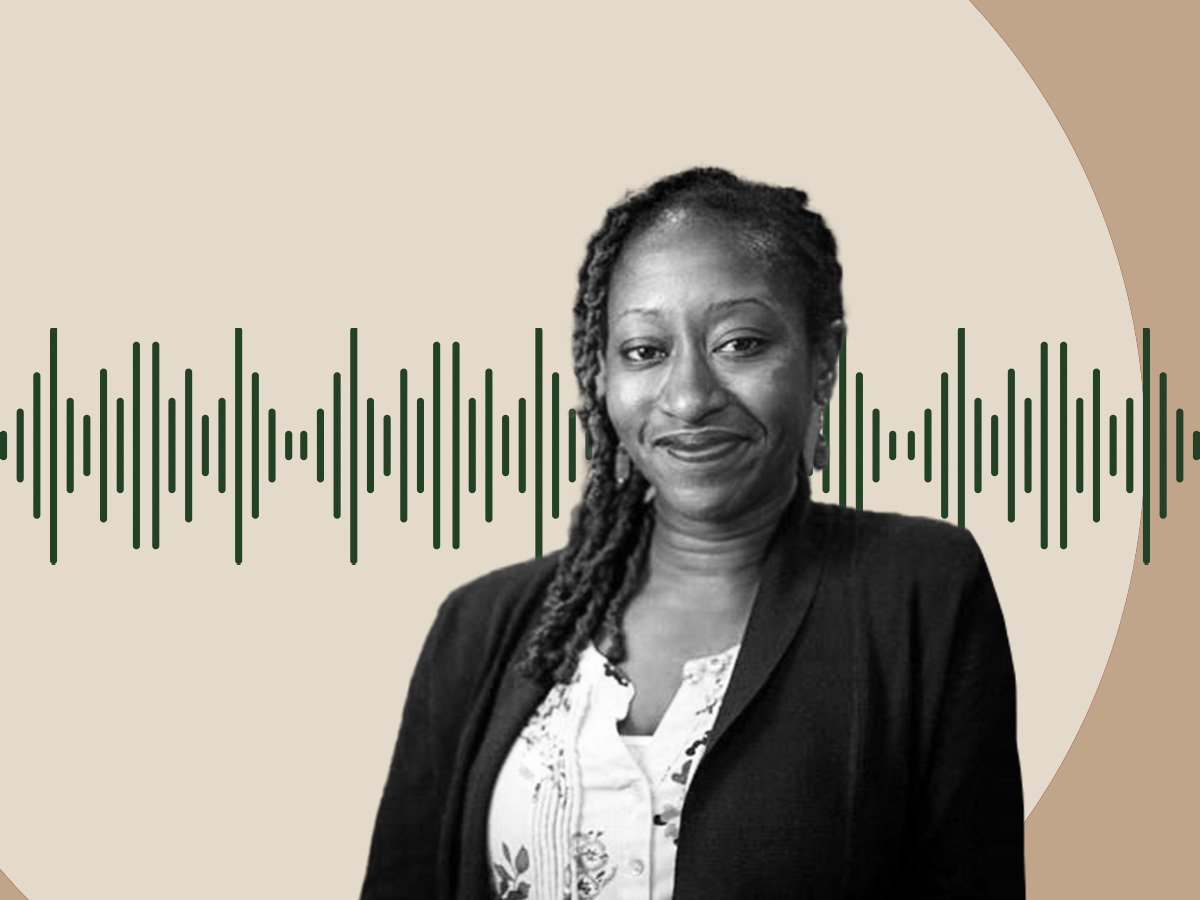
X Corp, the company formerly known as Twitter, sued a nonprofit dedicated to exposing and counteracting digital hate speech which has published research critical of the tech company’s handling of hate speech on its platform.
Founded in 2018, the Center for Countering Digital Hate (CCDH) seeks to “stop the spread of online hate and misinformation,” especially on large online platforms like X Corp, Meta, TikTok, and others, through original research.
Twitter failed to take action on the vast majority of cases of hate speech posted by Twitter Blue subscribers.
Take, for example, CCDH’s 2021 report, The Disinformation Dozen, which showed the extent to which a relative handful of prominent anti-vaccine activists were responsible for a vast portion of all anti-vaccine disinformation being spread online. Or the nonprofit’s 2022 report, Deadly By Design, that focused on the potential dangers to young people, especially teenagers, using TikTok. CCDH found that within minutes of establishing fake accounts as 13-year-olds, the platform was routinely serving up videos related to suicide, eating disorders, and other troubling content.
The group has also turned a critical eye toward X Corp (formerly Twitter).
Toxic Twitter
“He put up the bat signal to racists, homophobes, transphobes, misogynists.”In February of 2023, the group published a report, Toxic Twitter, accusing the company of making millions in ad revenue by intentionally allowing the return of previously banned Twitter accounts—accounts that included, according to the report, “neo-Nazis, white supremacists, misogynists and spreaders of dangerous conspiracy theories.”
In June, the group released another report, alleging that Twitter failed to take action on the vast majority of cases of hate speech posted by Twitter Blue subscribers, or paid users, “suggesting the platform is allowing them to break its rules with impunity and even algorithmically boosting their toxic tweets,” the report stated.
In an interview with NPQ, CCDH CEO Imran Ahmed said that changes to the online platform announced by X Corp CEO Elon Musk have effectively encouraged hate speech. “He put up the bat signal to racists, homophobes, transphobes, misogynists when he said, ‘This is a free speech zone and I’m not going to enforce the rules anymore in the way that they used to be,’” says Ahmed. “He essentially reshaped the social mores, the norms of attitude and behavior that were acceptable on Twitter.”
Then in July, just weeks after that last CCDH report, the organization received a letter from X Corp threatening to sue the group and accusing it of making “a series of troubling and baseless claims that appear calculated to harm Twitter generally, and its digital advertising business specifically,” as first reported by the New York Times.
Following that letter, X Corp sued CCDH, alleging that the group had utilized “unlawful acts” to improperly gain access to the company’s data and characterized the nonprofit as “activist organizations masquerading as research agencies, funded and supported by unknown organizations, individuals and potentially even foreign governments.”
These claims, offered without supporting evidence in the lawsuit, seem to reflect recent statements about CCDH made by Musk on that platform, including an apparent tweet, republished by Ahmed, in which Musk asked, referring to Ahmed, “Does anyone know who’s supporting this rat?”
Ahmed denies the implication that his group receives funding from any of the big tech platforms that compete with X Corp: “The thought of me taking money from Mark Zuckerberg is insane,” Ahmed told NPQ. “I obviously can’t comment on what our defense is going to be, but we are going to contest this vigorously.”
NPQ contacted X Corp and an attorney representing X Corp in this lawsuit for comment; neither replied.
“We’ve realized that we stand here on behalf of civil society more broadly.”
An Attempt to Stifle
X Corp’s lawsuit against CCDH is hardly the only example of litigious behavior by the online giant. Since Musk took over the company, it has filed various lawsuits against various parties, including competitors like Meta.
Even in its legal claims against CCDH, X Corp is opening the door to targeting other organizations. Last week, the Guardian reported that a recent X Corp blog post accused the European Climate Foundation of aiding CCDH in its alleged violations.
But this lawsuit, says Ahmed, represents an effort that could have profound implications for free speech and for those organizations, like CCDH, that dare to call out Big Tech in the public sphere.
Sign up for our free newsletters
Subscribe to NPQ's newsletters to have our top stories delivered directly to your inbox.
By signing up, you agree to our privacy policy and terms of use, and to receive messages from NPQ and our partners.
“This is an attempt by [X Corp] to shut down criticism by outside bodies,” Ahmed told NPQ. “If they’re successful against us, they could take this legal theory that any criticism is essentially ‘tortious interference’ with their business. And they can apply it to journalists, to other nonprofits.”
“I think there’s a broader concern,” Ahmed continued, “that it might also tip off Big Oil and Big Tobacco and all the other big industries that seek to resist scrutiny at all times, that there’s no way of criticizing them.” And such concerns have been echoed by several US representatives.
In early August, Representatives Lori Trahan, Sean Casten, and Adam Schiff sent a letter to X Corp demanding the company answer various questions about its legal actions against CCDH.
The lawmakers wrote:
We write to express our deep concerns about the proliferation of hate, harassment, and extremism on X and the company’s series of troubling decisions that appear calculated to harass, silence, and suppress research and accountability into this issue.
Independent researchers and advocates, including those at the Center for Countering Digital Hate, regularly study trends of potentially harmful behavior on social media platforms and post articles detailing their findings. This is true of X as well as of its competitors, including Meta, Google, TikTok, and others. However, under your leadership, X is taking a hostile stance toward those efforts, further contributing to existing concerns about X’s abilities to effectively address the harms that exist on your platform.
Meanwhile, Ahmed says that CCDH is determined to contest the charges brought by X Corp.
“We didn’t want to find ourselves in this position, but we’ve realized that we stand here on behalf of civil society more broadly,” Ahmed told NPQ. “And that is why such an array of civil society bodies have come out in the last few days to back us.”
“If we cannot hold the wealthiest among us, whether that’s companies or individuals, accountable,” adds Ahmed, “Then we have lost a significant part of what makes us a democracy.”












